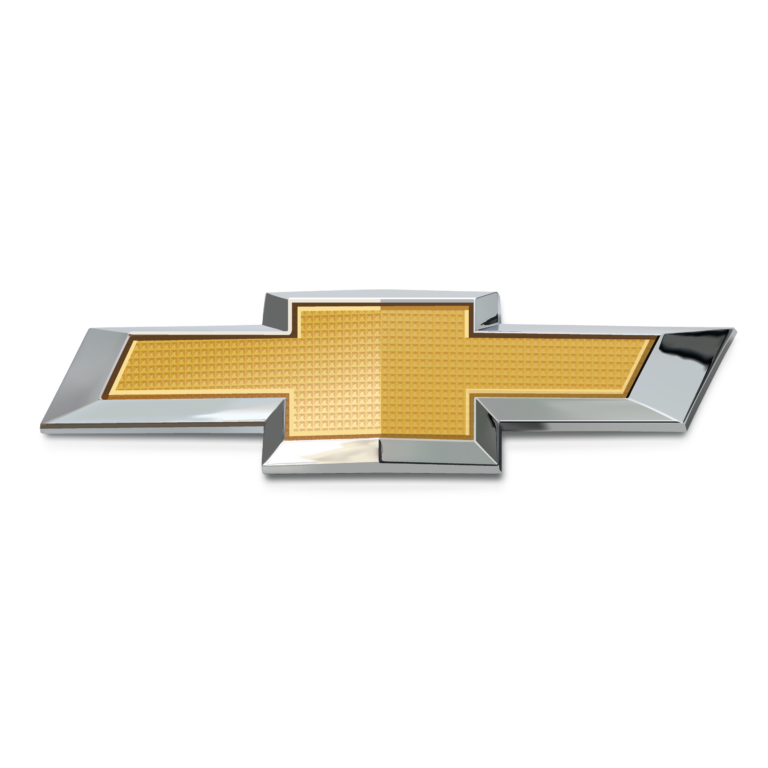The Environmental Protection Agency (EPA) intends to make school buses in America electric or alternate solution.


The Environmental Protection Agency announced $500 million in financing for electric school buses last week. It’s the first installment of President Biden’s $5 billion Bipartisan Infrastructure Law. It will fund low and emission free school buses throughout the next 5 years.
On May 20, 2022, the agency started taking applications from school districts and other partners. And it will proceed through August 19, 2022. The EPA noted in a press statement that applications to replace inner buses servicing “high-need local education institutions, Tribal Schools, and rural areas“. It will be prioritized, while real financing in the way of refunds will still be provided through a random lottery. The EPA stated that incentives can be allocated to charging devices in addition to new buses.
According to the EPA, most current educational buses run on gasoline, and exhaust pollution causes to lung and other health risks. According to the EPA, electric buses will reduce carbon emissions, and minimize school district running costs. It possibly helps maintaining the grid through bidirectional charging.
According to the USPIRG, school buses are the most common mode of public transportation. 480,000 in service every school day, although only around 1% are electrical. According to the organization, replacing all current diesel buses with electric buses would save almost 8 million metric tons of carbon gas emissions each year.
Bidirectional charging might help electric school buses contribute to grid balance. Such a huge fleet would provide ample battery capacity to absorb excess energy through non – peak hours. It discharges during peak times, allowing producing facilities to operate at a more stable level. It also has the potential to enhance the usage of renewable energy. Additionally it works well with battery buffers.
For environmental-activist school leaders, electric school buses are no longer an exotic choice. The first ones appeared on American streets in 2014, and established bus manufacturers such as Blue Bird have been producing them in modest but growing quantities ever since. The Volkswagen diesel settlement, which occurred before the federal government stepped in, aided in the transition to electric school buses.
This movement is gaining traction. Boston is planning for a 100 percent electric city fleet by 2030, incorporating school buses. The Lion Electric manufacturing for electrified school buses is gearing up to become one of the country’s largest.
Technical Specifications